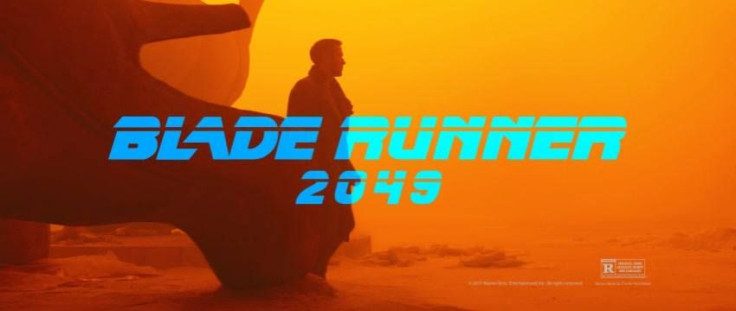‘Blade Runner 2049’: A report imagining a dystopian Australian future

“Blade Runner 2049” envisions a highly dystopian future of the world. Is Australia heading towards such a future? That is the theme of a new report commissioned by Universal Sony Pictures Home Entertainment and prepared by Right Angle Studio.
The report forecasts what life might look like in Australia in 2049. It was prepared in celebration of the release of “Blade Runner 2049” on 4K Ultra HD, Blu-ray, Blu-ray 3D and DVD. In an exclusive interview with International Business Times Australia, Barrie Barton, head of insights at Right Angle Studio, talked about the report and the future.
International Business Times Australia: Urban vertical farms are seen as one of the solutions to the problems we face today. Is this applicable across geographies? What is the scope of vertical farms in Australian cities?
Barrie Barton: The environment in “Blade Runner 2049” is brutal and if we ever we get to that stage of environmental degradation we will need much more than vertical farms to save humanity! In real terms, vertical farms today can help with things like the heat island effect and food supply issues, but they really only make a small difference that doesn’t redress the damage we are currently doing to the planet. What I do like about them though is their symbolic power – they bring nature into the city and into the hands of people who spend way too much time poking their smartphones instead of testing the ripeness of tomatoes. If we forget what nature feels like we are less likely to save it.
IB Times: On the question of surveillance, the information that is currently collected from smartphones or smart watches, etc. is decentralised. How long do you think it will take for this information to be centralised, giving the person/corporation access to this information almost the same amount of power we see the blind man (Jared Leto) has in “Blade Runner 2049”?
Barton: The answer to that question depends on where you live and what kind of political system you live under. In Australia at the moment, we have reasonable safeguards for our data and privacy, even though many of us don’t know how much data we are providing. However, in China, the government and Alibaba (basically China’s Amazon) have been working on the ominously titled Social Credit System since 2015. It’s a program for assessing and rewarding citizen behaviour, and it’s a joint venture between corporation and government… it’s super scary and it is already happening.
IB Times: The outlook for 2049 is a hyper-realistic virtual reality or augmented reality that will be so common that people will find it difficult to differentiate between the real world and the virtual world, then forget to pay attention to the real world. Can something be done to keep people tethered to the real world?
Barton: AR and VR are still very clunky at the moment, and you are self-aware when you using it, even though the whole point is that you are supposed to suspend your disbelief. Humans are animals that have very primal needs so I doubt we will ever totally replace the material world, but what’s so bad if we do anyway? The love between Blade Runner 2049’s main character Officer K (played by Ryan Gosling) and his personal AI, Joi, is beautiful and heartfelt. Who cares if it’s a real person or not?
IB Times: The clothes of 2049 are predicted to be more war-ready, with smart materials able to adapt to different climatic conditions and gather data. The benefit of this is the ability of the fabrics to render the user invisible, both in the visual and digital sense. Will the need to remain anonymous emerge as the biggest need for citizens of the future?
Barton: Our prediction is that the greatest luxury of the future will be anonymity.
IB Times: On the positive side of the future, the report points out the high level of automation at home, with things like robots that can iron clothes and fridges that take voice commands (both these products have already been built and showcased by Panasonic). Can you please comment on how the future need not be so bleak as we see in the movies?
Barton: The great thing about the future is that it is not pre-determined. Great science fiction films like “Blade Runner 2049” and the original “Blade Runner” are rooted in the real-tech of today and are hyper-realistic versions of the future. The original “Blade Runner” film was so influential as it broached societal issues ahead of its time – climate change, urban decay, genetic engineering and overpopulation to name a few.
The future is what we make it, so if we can start acting more sustainably today and be more careful with precious things like data and privacy, we will end up with a much better world, however cinematically beautiful Denis Villeneuve [director] has created, than envisioned in “Blade Runner 2049.”
"Blade Runner 2049" is out now on 4K Ultra HD, Blu-ray 3D, Blu-ray & DVD.






